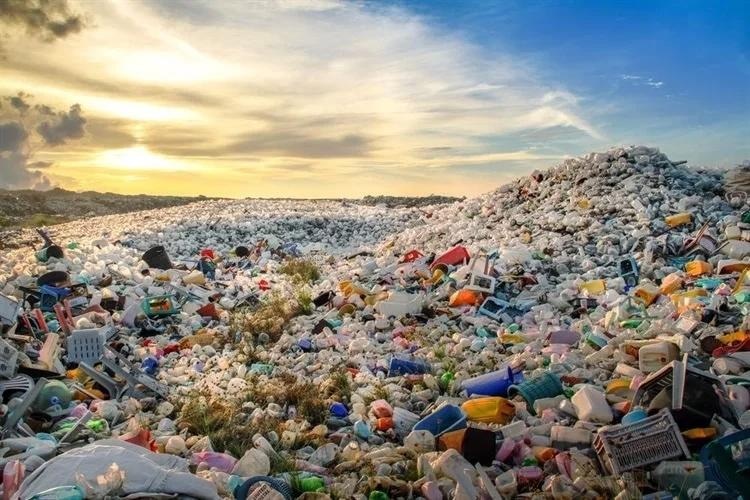Broadly speaking, hydrogen can contribute to a resilient, sustainable energy future. Yet, despite its ability to overcome a multitude of critical energy challenges, current methods for producing hydrogen from low-carbon energy sources tend to be relatively expensive.

Image Credit: MOHAMED ABDULRAHEEM/Shutterstock.com
Researchers at Rice University have now discovered a cost-effective, low-emission method for harnessing hydrogen from plastic waste, accelerating the growth of versatile, clean hydrogen and allowing it to fulfill its long-term potential as a valuable and wide-ranging clean energy resource.
This approach not only reduces the environmental impact of hydrogen generation but could potentially revolutionize clean hydrogen production. What’s more, it can be economically viable by leveraging the production of high-value graphene.
The main form of hydrogen used today is ‘gray’ hydrogen, which is produced through steam-methane reforming, a method that generates a lot of carbon dioxide… Demand for hydrogen will likely skyrocket over the next few decades, so we can’t keep making it the same way we have up until now if we’re serious about reaching net zero emissions by 2050.
James Tour, Rice’s T. T. and W. F. Chao Professor of Chemistry and a Professor of Materials Science and Nanoengineering
The Process of Plastic-to-Hydrogen Conversion
At the heart of this sustainable innovation is the process of converting waste plastics into clean hydrogen and graphene.
The researchers at Rice University have managed to achieve this by subjecting plastic waste samples to rapid flash Joule heating, elevating temperatures to a staggering 3100 degrees Kelvin.1 This extreme heat vaporizes the hydrogen within the plastics while leaving behind graphene, a remarkably lightweight and durable material made up of a single layer of carbon atoms.
One of the main advantages of this process is that it can work with various plastic types, including mixed and unwashed plastics, making it incredibly versatile. Even more exciting is the fact that the recovered hydrogen boasts a purity of up to 68%.1
Beyond the economic benefits, this innovative approach also has the potential to address several pressing environmental challenges. By transitioning from fossil-fuel-based hydrogen production to a more sustainable method, greenhouse gas emissions can be significantly reduced. Moreover, this process repurposes plastic waste, contributing to global efforts to combat plastic pollution.
With further development and scaling, the researchers believe this method could be a game-changer in reaching net-zero emissions by 2050.
Embracing Sustainability for a Brighter Future
The increased focus on reducing emissions to near zero by mid-century has brought the challenge of tackling hard-to-abate emissions sources into sharp relief.2 Thus, the transformation of waste plastics into clean hydrogen and valuable graphene at Rice University signifies a remarkable step forward in sustainable energy production and environmental stewardship.
This innovation has the potential to revolutionize the energy industry, significantly reduce greenhouse gas emissions, and combat plastic pollution.
As the urgency of climate change and environmental degradation becomes ever more apparent, this research offers hope and a clear path forward, highlighting the power of research and development in the establishment of a sustainable future.
This research establishes a role for hydrogen in long-term energy strategies, highlights the need for further investment in clean energy technologies, and encourages the acceleration of the transition to cleaner and more efficient energy sources. The future may indeed be powered by innovation that turns waste into opportunity.
References and Further Reading
- Cernea Clark, S. (2023) Making hydrogen from waste plastic could pay for itself, Rice News | News and Media Relations | Rice University. Available at: https://news.rice.edu/news/2023/making-hydrogen-waste-plastic-could-pay-itself
- IEA (2023) The future of hydrogen – analysis, IEA. Available at: https://www.iea.org/reports/the-future-of-hydrogen
- Hydrogen Fuel Basics (2023) Energy.gov. Available at: https://www.energy.gov/eere/fuelcells/hydrogen-fuel-basics